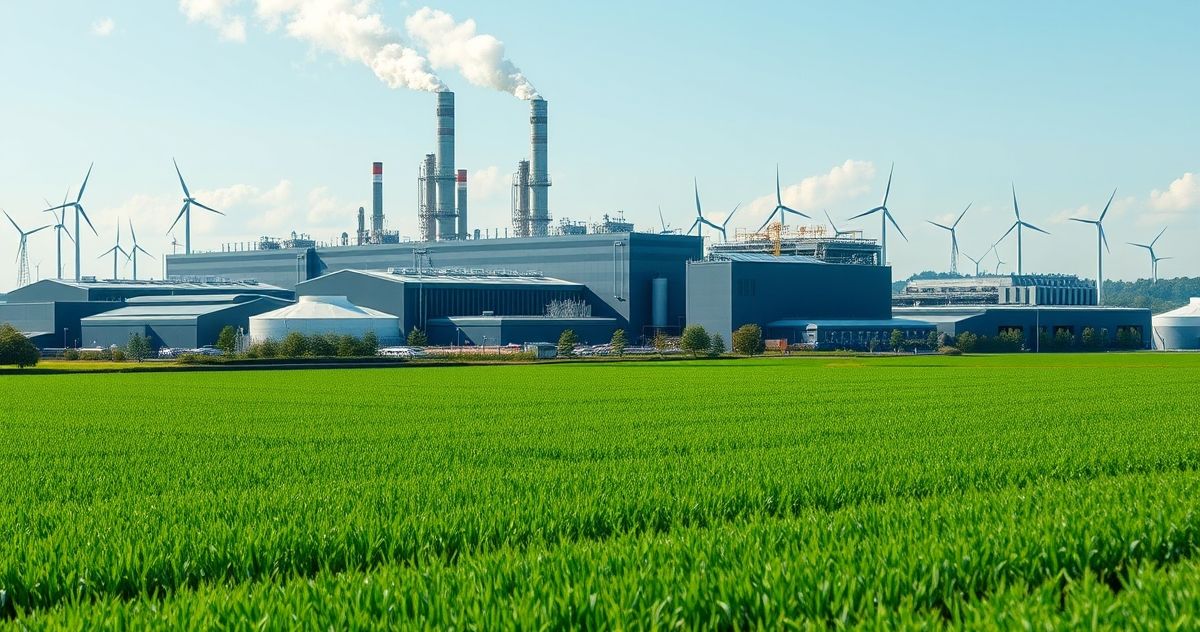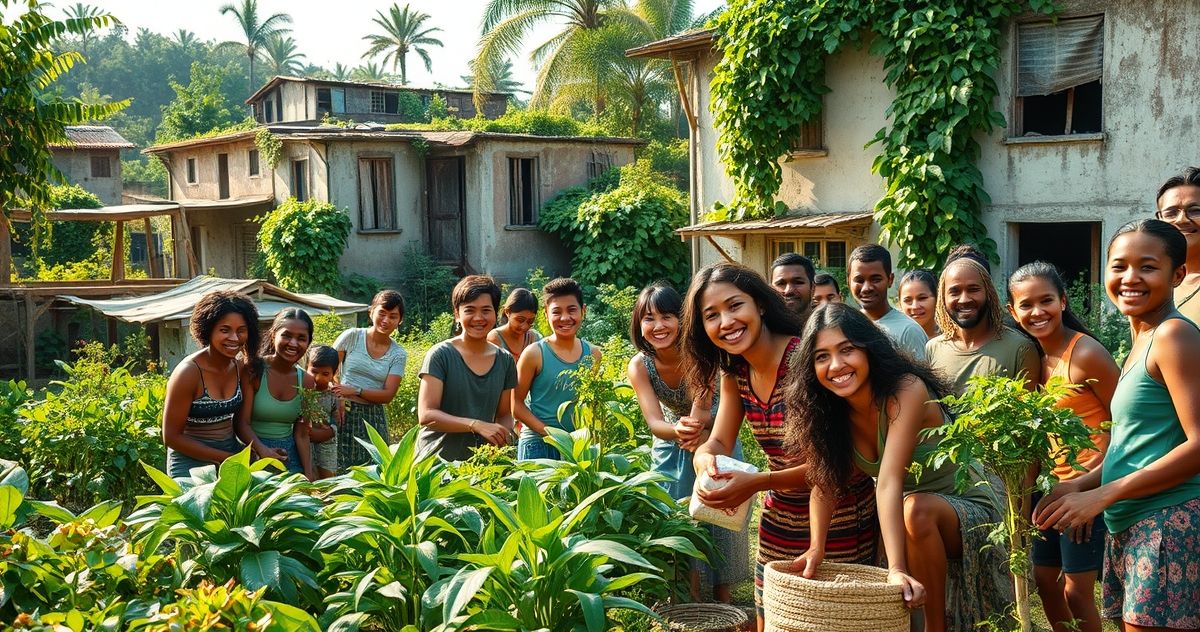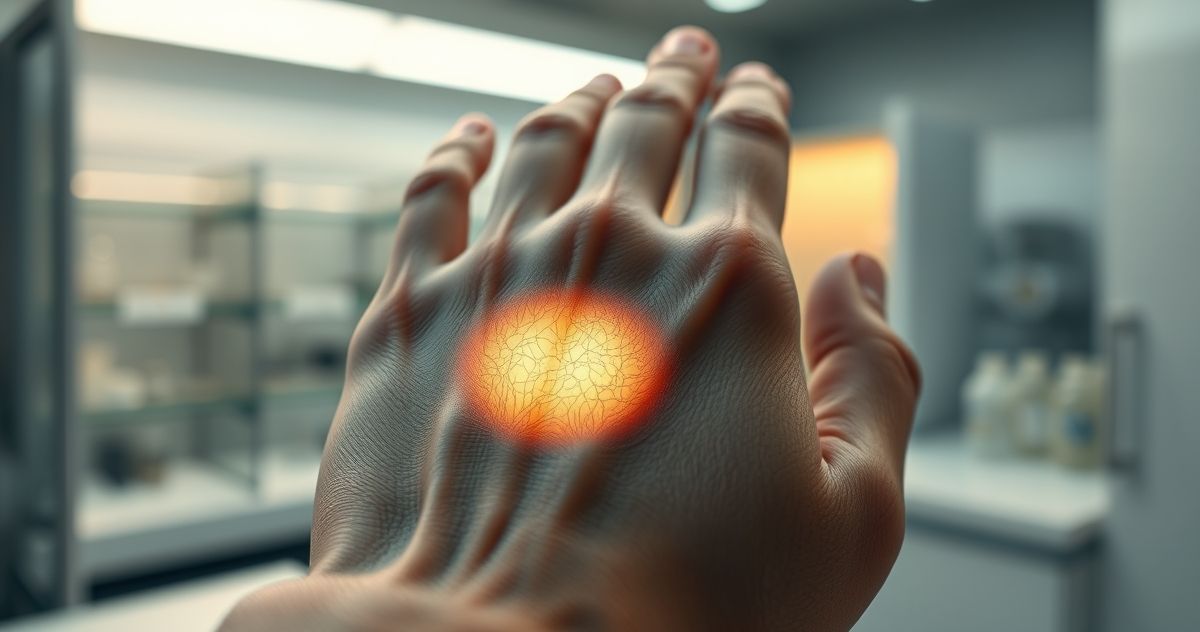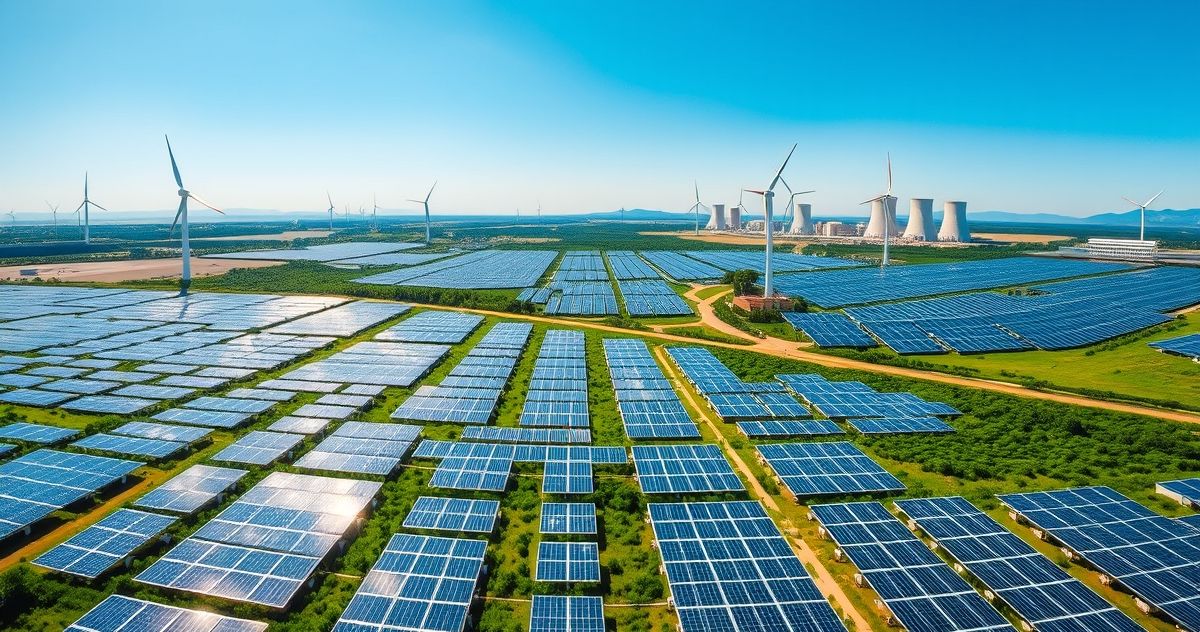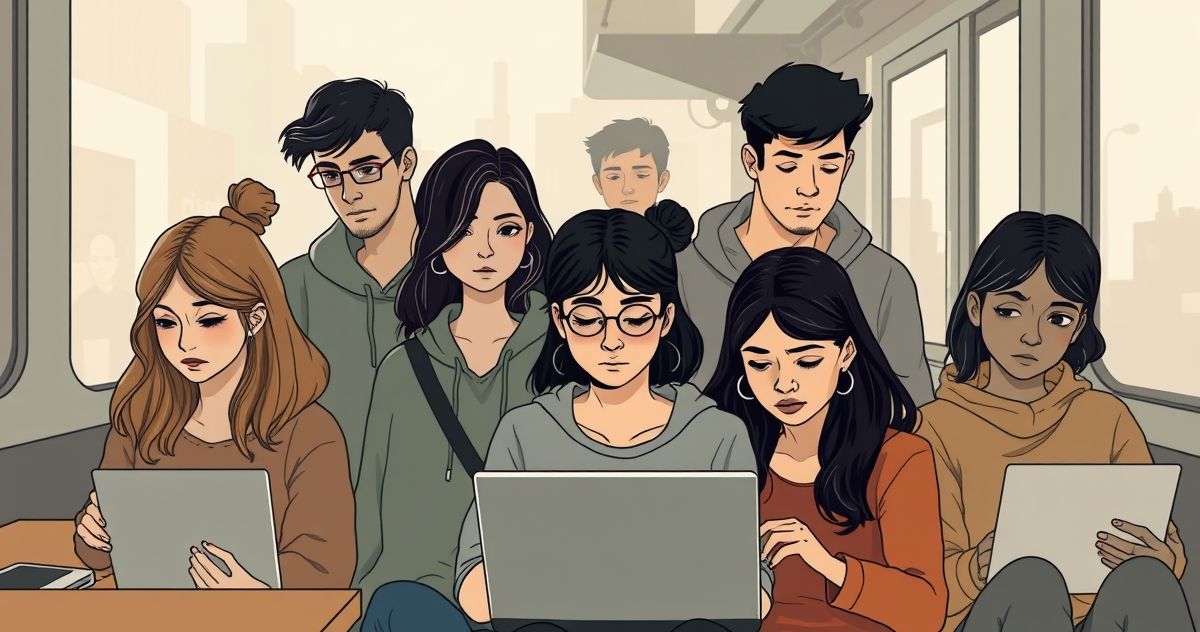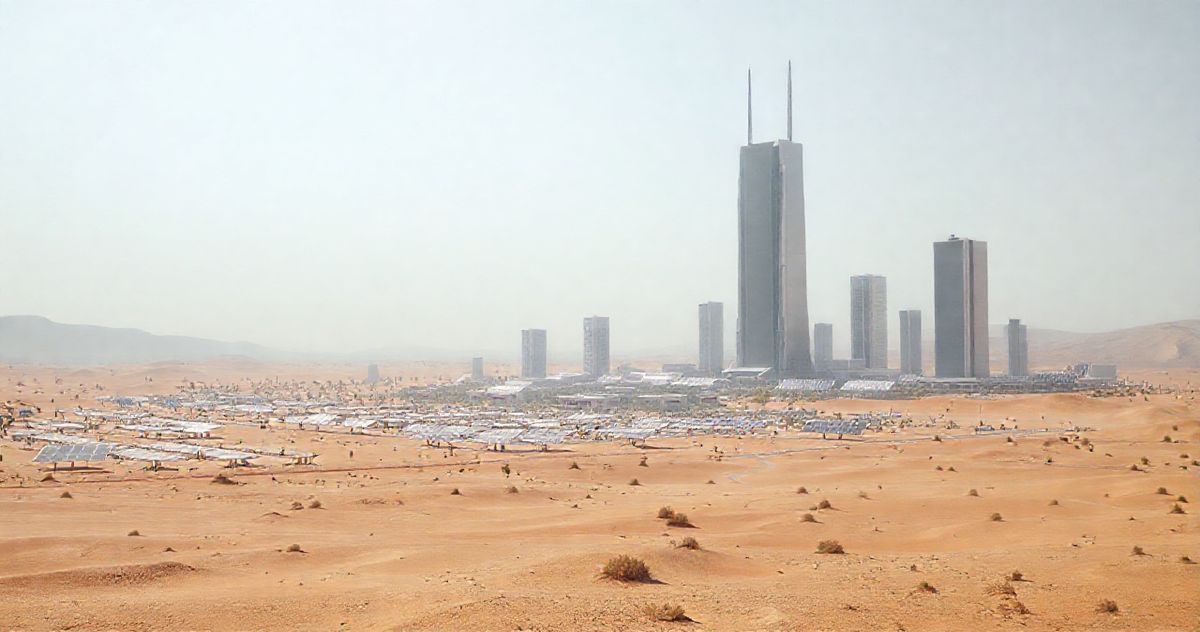Ever stopped to think about where your plastic water bottle, your phone case, or even the dashboard of your car actually comes from? For pretty much all of modern history, the answer has been the same: fossil fuels. Yep, that same oil and gas we burn for energy also makes up the building blocks of most plastics we use every single day.
But what if that wasn’t the only way? What if we could make plastic without digging up more of Earth’s ancient resources? Well, get ready for some genuinely exciting news. Belgium is about to become home to the world’s very first industrial-scale complex dedicated to making plastic without any fossil fuels. This isn’t just a small lab experiment; it’s a massive project designed to change how we make plastic on a big scale. And that’s a pretty big deal.
### What Does “Fossil-Free” Even Mean for Plastic?
When we talk about plastic, we’re usually talking about polymers. These are long chains of molecules, and historically, those molecules – or monomers – start out as crude oil or natural gas. Think of it like a recipe where oil is the main ingredient. This new complex is aiming to completely change that recipe.
Instead of oil, these future plastics will come from different sources. We’re talking about things like bio-based materials, which means stuff grown from plants or even waste biomass. Imagine taking agricultural waste or certain plant oils and turning them into the building blocks for plastic. It’s a bit like turning compost into your next grocery bag, but much more high-tech. They’re also looking at capturing carbon dioxide (CO2) – yes, the same stuff we worry about in the atmosphere – and using that to create new plastic materials. It’s about finding new ways to get that essential carbon, but without drilling for it.
### How Does This Factory Actually Work?
This isn’t just one magic machine. It’s a whole complex of technologies working together. The goal is to create a true circular economy for plastics, which means less waste and less reliance on new raw materials. It’s a multi-pronged approach to tackle a very big problem. Here’s a peek at how they plan to pull it off:
* **Bio-based Raw Materials:** They’ll be using materials like biomass waste and other renewable resources as the primary ingredients for new plastics, replacing traditional fossil fuels.
* **Carbon Capture and Utilization:** The complex will capture CO2 emissions from industrial processes and then transform that captured carbon into new plastic building blocks. It’s essentially recycling carbon.
* **Renewable Energy Power:** The entire operation is designed to run on clean, renewable energy, further reducing its environmental footprint and making the whole process sustainable from start to finish.
* **Advanced Recycling Technologies:** Beyond making new plastic, the complex will also develop and use cutting-edge methods to break down existing, hard-to-recycle plastics into their basic components. These components can then be reused to create brand-new, high-quality plastic products.
It’s a huge undertaking, combining chemistry, engineering, and a big dose of environmental ambition. The idea is to prove that it’s not just possible, but also economically viable, to produce large quantities of plastic without touching a drop of fossil fuel.
### Why This Matters (Beyond the Factory Gates)
This project in Belgium is more than just a new factory; it represents a significant step forward in our fight against climate change and plastic pollution. We’ve all seen the headlines about plastic waste, and we’ve all felt a little helpless at times. Just last week, my friend Mike was telling me how he tried to go completely plastic-free for his groceries, but ended up frustrated because so many essentials came wrapped in plastic, even the ‘eco-friendly’ options. It really hit him that individual choices are great, but the problem is often at the production level.
That’s exactly why this new complex is so important. It tackles the issue at the source. By changing how plastic is made, we can dramatically reduce the carbon emissions associated with its production. It means fewer greenhouse gases going into the atmosphere and a smaller demand for finite fossil resources. It could also lead to a future where plastic isn’t seen as a disposable, single-use villain, but rather a valuable material that can be endlessly recycled and created responsibly.
This isn’t a silver bullet for all our plastic problems, but it’s a powerful step in the right direction. It shows that innovation and commitment can lead us to cleaner, greener industrial processes. It offers a glimpse into a future where essential materials like plastic can be produced in harmony with our planet, not at its expense.
What changes do you think we’ll see first as these new kinds of plastics become more common?
